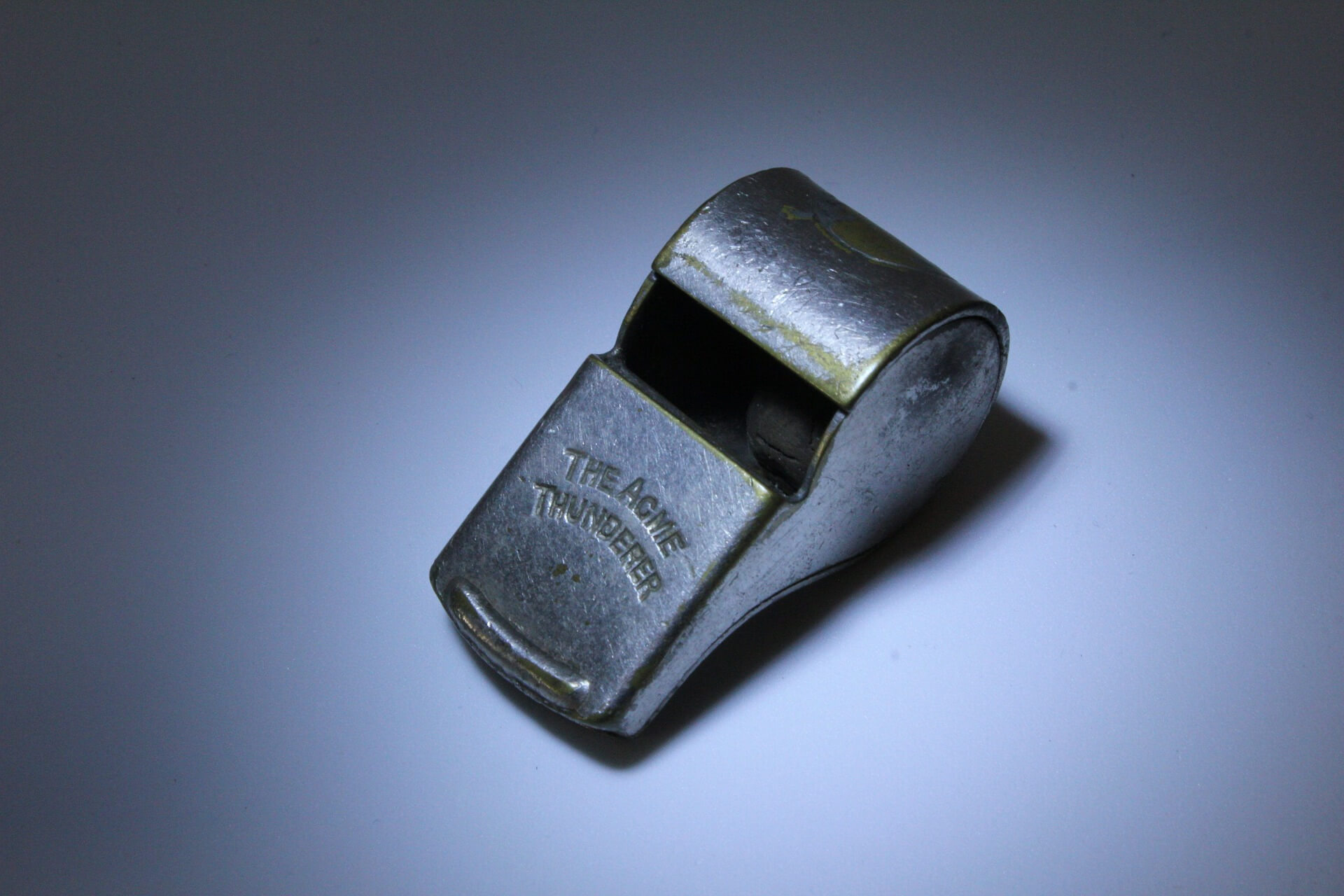Medicare fraud is the practice of billing Medicare for reimbursement to which a claimant is not legally entitled. Medicare fraud is routinely committed by healthcare providers, pharmaceutical companies, medical teams, and healthcare facilities.
Medicare fraud negatively affects taxpayers, the government, and the healthcare system as a whole, which is why the government encourages those with knowledge of Medicare fraud to report it upon discovery.
To encourage the reporting of Medicare fraud, the government offers whistleblowers significant financial compensation for information that leads to the recovery of Medicare funds.
If you have information that an entity or person has committed Medicare fraud, contact our Medicare fraud whistleblower attorneys immediately for assistance.
At Jeff Newman Law, we specialize in representing whistleblowers in Medicare fraud cases, and we have a long track record of recovering multi-million dollar settlements on behalf of our whistleblower clients.
Get in touch today for a free confidential assessment of whether you might have a potential Medicare fraud whistleblower lawsuit that could result in an award:
- Contact us for a free confidential consultation
- Call us at (617) 823-3217
Below is an overview of Medicare fraud in the U.S.
What is Medicare?
Medicare is a government-run healthcare program that provides insurance to people who are 65 or older, or to those under 65 who have certain disabilities or conditions (such as end-stage renal disease).
Medicare was created in 1965 as part of the Social Security Amendments, more popularly known as the Medicare and Medicaid Act, and is funded through payroll taxes and premiums paid by beneficiaries.

If you are eligible for Medicare, you can enroll in one of several different parts of the program, each of which covers different types of healthcare services:
- Part A covers inpatient hospital care, skilled nursing facilities, and some home health services.
- Part B covers outpatient medical services, such as doctor’s visits, lab tests, and medical equipment.
- Part C, also known as Medicare Advantage, allows beneficiaries to enroll in a private health plan that is approved by Medicare. These plans typically offer additional benefits beyond those covered by Parts A and B, such as prescription drugs and vision and dental care.
- Part D covers prescription drugs and requires a separate premium.
Common examples of Medicare fraud schemes
There are several types of Medicare fraud, including:
Kickbacks – A kickback occurs when one solicits, offers, or pays for referrals for medical services o
Health care fraud can occur in many ways. Some common examples of Medicare fraud include:
- Kickbacks – A kickback occurs when one solicits, offers, or pays for referrals for medical services or items.
- Upcoding – Upcoding involves billing for services at a higher price than what was actually provided.
- Billing for unnecessary services or items – It is illegal to knowingly bill for excessive or unnecessary services, supplies, drugs or tests in order to generate extra revenue.
- Billing for items or services that weren’t provided – It is illegal to bill Medicare for items or services that were never provided.
- Unbundling – Unbundling is a practice that involves entering several codes for procedures that only require a single code, thereby increasing the amount of payments provided by Medicare.
Federal health care programs such as Medicare are designed to ensure access to critical medical services. These forms of fraud damage the healthcare system. Similar issues occur with Medicaid services.
Who can commit Medicare fraud?
- Medical providers and pharmacies: This includes hospitals, doctors’ offices, urgent care facilities, pharmacies, nursing homes, and other healthcare facilities that submit false claims to Medicare for services or supplies that were not actually provided.
- Medical professionals: This includes doctors, nurses, staff and other healthcare employees who submit fraudulent claims to Medicare.
- Healthcare companies: These include pharmaceutical companies, medical device companies, and other companies that are involved in providing goods or services to Medicare beneficiaries, and then submit false claims to Medicare for payment.
Blowing the Whistle: Becoming a Medicare Fraud Whistleblower

A Medicare fraud whistleblower is a person who reports fraudulent activity within the Medicare system to the government. Anyone that has evidence of Medicare fraud can be a whistleblower.
Whistleblowers play a crucial role in helping to identify and combat health care fraud, as they often have insider knowledge or information about the fraudulent activity that is taking place. In many cases, whistleblowers are current or former employees of the company or organization that is committing the fraud.
If you are considering becoming a Medicare fraud whistleblower, it’s important to understand the protections that are available to you. Additionally, federal law prohibits employers from retaliating against whistleblowers.
Potential rewards for reporting Medicare fraud
If you report Medicare fraud and your report leads to the successful prosecution of the individuals or organizations responsible, you may be eligible for a financial reward.
The False Claims Act allows whistleblowers to receive a portion of any money that the government recovers in a successful case as a result of their reporting.
The reward will be a percentage of the total recovery, and can range from 15-30% of the amount recovered. The exact amount of the reward will depend on the specifics of your case and the amount of money that is recovered.
It’s important to note that not all reports of Medicare fraud will result in a financial reward, and that it can take time for cases to be resolved and rewards to be paid out.
How to report Medicare fraud
If you suspect that someone is committing Medicare fraud, it’s important to report it as soon as possible. By doing so, you can help protect the integrity of the Medicare program and ensure that it continues to provide high-quality healthcare to those who need it.
If you know of fraud against the government, contact Jeff Newman Law for a free, confidential review of your potential case.
At Jeff Newman Law, we specialize in representing whistleblowers in qui tam cases, and we have a long track record of recovering multi-million dollar settlements on behalf of our whistleblower clients.
Some of our representative Medicare fraud cases include:
- Attorney Jeffrey Newman represented a whistleblower in a False Claims Act qui tam case against U.K. medical device maker Biocompatibles and its U.S. distributor, Angiodynamics. The two companies paid a total of $36 million and $12.5 million respectively to resolve allegations stemming from Mr. Bliss’s False Claims Act suit, including that they marketed a product for a use the FDA had not approved.
- Medstar, four of its subsidiaries, and two of its owners paid a combined $12.7 million to resolve allegations that Medstar and its subsidiaries submitted fraudulent claims for ambulance transports that were not medically necessary or were for higher levels of ambulance services than were required or provided.
- Attorney Newman brought suit under the False Claims Act alleging that Saber Healthcare knowingly caused certain of its skilled nursing facilities to submit fraudulent claims to Medicare for rehabilitation therapy services that were not reasonable, necessary, or skilled. Saber paid $10 million to resolve the allegations, and the firm’s three whistleblower clients received a qui tam relator share of $1.75 million.
Get in touch today for a free confidential assessment of whether you might have a potential qui tam lawsuit that could result in a whistleblower award:
- Contact us for a free confidential consultation
- Call us at (617) 823-3217
